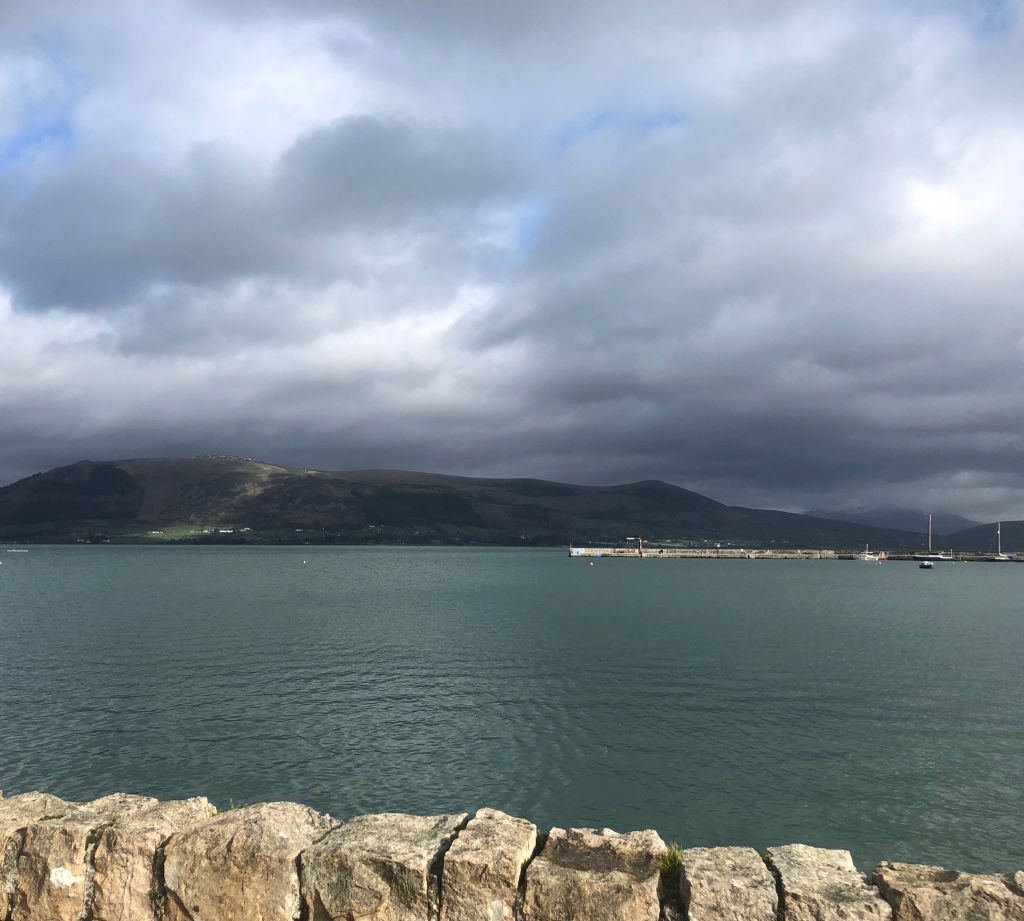We went to Belfast, Dublin, and Londonderry/Derry!
My Core Courses’ focus in Ireland and Northern Ireland is the Northern Ireland conflict, The Troubles. Although that’s all we’ve been studying for the past two weeks, I honestly can’t do this topic justice in a single blog post. So I’ll only speak briefly and share my discussion points.
Most of the time people assume that the issue is of a religious nature (Catholic vs Protestant), but its also an issue of politics (should they stay with the UK or become their own republic?) With the Brexit upcoming, issues of Northern Ireland are on the rise. Regardless of the outcome, I imagine there would be dissenters. However, if there really is a hard border, and the government attempts to enforce that, it’ll create a clear-cut target for dissenters to strike.

29 March 2019: Britain’s scheduled withdrawal from the EU.
29 March 2019: I’ll be in London to observe! I hope the country and the airports are safe. … That’s the day I should be on the London Eye to observe, but also the day that I shouldn’t do that at all LOL!
Anyway, we had a chance to meet members of the IRA, UDA, and members of the British Army. Listening to their story and then asking them questions, it really showed the different perspectives and the complexities of the conflict. All sides think they’re in the right and are almost completely uncompromising. One of the members of the British Army suggested almost callously that all members should move on. He commented that those of the British Army have also died from Death occurred on all sides. No one from the British Army asks for justice for their dead.
I agree that we should move on, but how? How do we respect and heal those who have been hurt by mistakes of all sides? These people are still hurting. Whether it be those on the side of the Irish or those on the side of the British. Death has occurred on all sides. The current justice system is limited and wholly ineffective in bringing healing to anyone. Especially 30-40 years after the conflict, most of the members are 60-80 years old by now and putting them in jail is not going to do any good for anyone. So what should be done to support those who have been wronged? How do we facilitate moving on if we’re still stuck in a remembrance of pain?
Supposedly our generation (millennials) don’t care about this kind of conflict. Apparently our generation has made it easy because we refuse to put down our connection to the outer world (cellphones, social media). On one hand, I can see where these comments are coming from.. but there are still those who are affected and have been affected by these conflicts.

As mentioned above, this is one of the hundreds of murals that the people pass on their way to work, on their way to school, on their way to purchase groceries, or even just on their way out. They cover the land and are carefully maintained. Nobody is allowed to take them down, lest they wish to be decommissioned.
These art pieces tell the story of the Northern Ireland conflict, and since people walk by them throughout their lifetime, the narratives are pressed into the consciousness. They can never forget and never move on. This is history of suffocation. Even if the children of these warriors were never a part of the physical conflict, they inherit the stress and frustrations of the past.
We spoke with the wife and child of a member of the IRA. The child grew up without her father for 7 years and his wife was forced to be a part of the IRA. The IRA just assumed the women would wait, they just assumed that the wives would support their husbands in these endeavors. And, if you stepped out of line, you were crucified.

Anyway, the past is not what I’m going to go into. I’m going into the future. The children of the men in the Troubles were children without fathers. These children were depressed, suicidal, antisocial, and more. Although there are many aspects that affect these traits, a part of it is that these children all had a traumatic event occur within their family in correspondence to the Trouble. Whether it be their uncle being shot in their beds, or their father being locked up in jail, these children were heavily affected by the actions of the adults. The wife of the IRA shared with us that many of these children suicided. This is one of the effects of transgenerational stress.
Even if we don’t care about the conflict itself, we can’t help but be affected by the ripples of the past. How do we move on from the pain and the hurt that continues to affect us today?
Despite all the different perspectives that I’ve heard, there weren’t suggestions of what to do in the future, but rather just the consistent reminder of the past. If we can’t reconcile the past, how can we actually move on?
There’s a lot more to say, but I don’t want to drown you with all my frustrations with communication, human perspectives, the issue of ego, and selfishness, so I’ll leave it at that. If you’re interested, please feel free to send me a message! I’ll respond as quickly as possible.
The next few weeks are going to be just as busy. But, check out my Instagram! I have a bunch of pictures that I’ll be slowly uploading as the days go by!